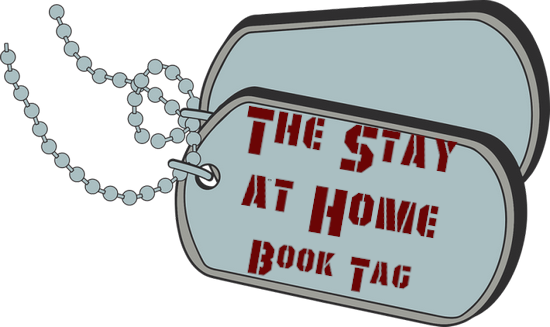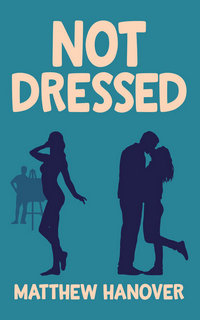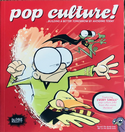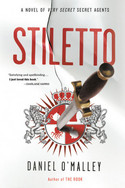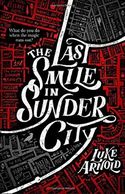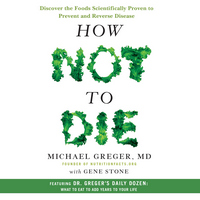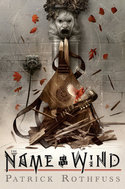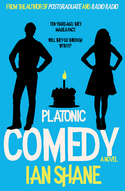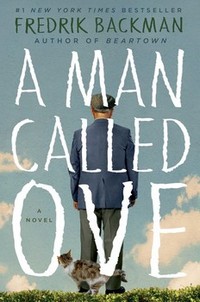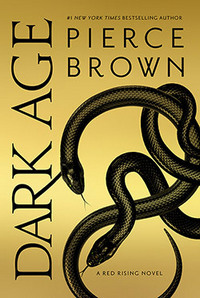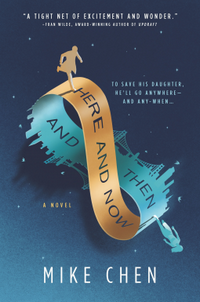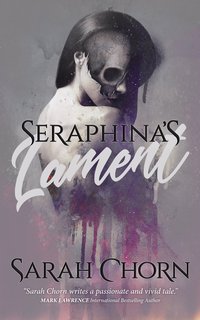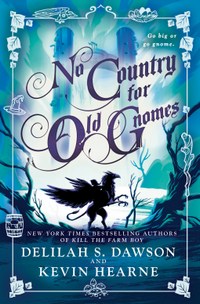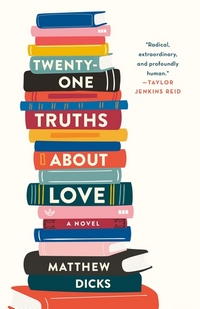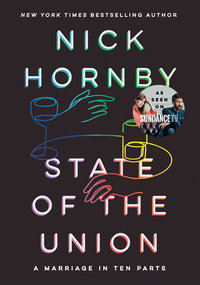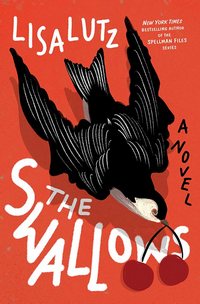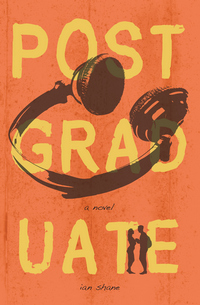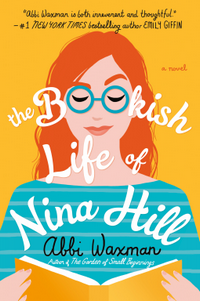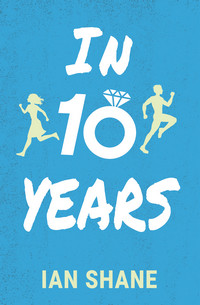 I’d fully intended for my post about In Ten Years by Ian Shane to go up this morning along with this Q&A. But as is so often the case with a book that I absolutely loved, I just don’t like what I’ve managed to write about it—and even then, I’m only half-done with my outline.
I’d fully intended for my post about In Ten Years by Ian Shane to go up this morning along with this Q&A. But as is so often the case with a book that I absolutely loved, I just don’t like what I’ve managed to write about it—and even then, I’m only half-done with my outline.
But I want to start talking about this book and hopefully convince some of my readers to read it—or at the very least, to buy it. It comes out on August 17, but don’t wait until then to order it. So, let’s start with the synopsis from Shane’s website, so you’ll have a general idea what we’re talking about in a couple of the questions. Then I’ll dive in with this great Q&A—well, the Qs are passable, the great stuff comes in the As.
Jock Jack and socially awkward Liz weren’t likely to become best friends, but they’ve had each other’s back since college. On a night both of their romantic lives implode, they make a pact; if they aren’t married in ten years, they will marry each other. With a year left before their deadline, Jack and Liz make a mad dash to find “The One” while navigating a minefield of modern dating complications.
Despite their friends’ efforts to convince them that it’s a terrible idea, Jack and Liz devise an unconventional life partnership plan. However, a face from the past and hidden jealousies and feelings neither one will ever admit threatens their friendship.
Your male protagonist, Jack, is a former college hockey player, and now plays with a bunch of other men in their thirties. I don’t think I’d ever read a hockey scene before—as far as I can tell, you capture both the feel of a game and feel of being on the stakes realistically. Is this first-hand knowledge, or the product of research? How do you decide to let this be Jack’s “thing”?
First off, I’m a huge hockey fan. Skill level be damned; if I find a hockey game on TV, there’s a better than average chance that the next three hours of my life have just been planned. Growing up in southern Indiana, there wasn’t a huge youth hockey movement there, so I never played the game. However, a good friend of mine in college, Turner, did. I had pieced together things he talked about over the years and wrote a draft of the pick-up game scene. I sent it to Turner, and he told me my description was about ninety percent accurate. He gave me some notes on what I needed to change.
I live in Denver now, and it’s a huge hockey town. The University of Denver has a rich tradition of winning championships. It just seemed too perfect to have him be a hockey player.
You’ve called this “a contemporary When Harry Met Sally,” was that the goal, or did that just come out once you started writing? How did you land on doing your take on the “if we’re not married by X…” story?
The idea for the story hit me when I found an article online about marriage pacts and platonic marriages, and I thought it was good fodder for a story. I originally planned for In Ten Years to be a novella, just focusing on the present-day storyline. The more I thought about the story, the more of a background of who these people were and how they became friends. As I was writing their backstories, I knew that there would have to be three eras of their lives, just like When Harry Met Sally, so I decided to run with it. I even name-checked the movie in the first part just for the fun of it.
I also wanted to put in some of the more modern means for dating, which didn’t exist when When Harry Met Sally came out. There’s a chapter devoted to Tinder and one that makes fun of speed dating.
Speaking of When Harry Met Sally, what’s your favorite Nora Ephron work (novel, screenplay, essay, etc)?
Not to sound like an uneducated rube, but I’m not that well versed in her work . . . so I’ll stick with When Harry Met Sally.
It’s hard to beath WHMS anyway, no matter how versed you are.
You used dual perspectives here, for the first time, I believe. What were the specific challenges of telling your story that way? How was it writing from the female Point of View? Are you going to be returning to one/both of those in the future?
Yes, this is my first time. Not too long before I wrote In Ten Years, I read Nick Spalding’s hilarious book, Dry Hard, and I loved the multiple narrations. I really wanted to give it a try. It was challenging to arrange the story so Jack and Liz could alternate chapters. Some chapters could have easily been told from either’s point of view, but others had to be from a specific character. I pantsed this book more than plotting it, so it was challenging to make sure I had the proper balance.
Writing from the female point of view was a bit challenging. My first draft was designed to be as light on Liz as possible, and then I would present it to a female beta and get some feedback. The response was . . . polite. She gave me some pointers on things women would never say.
I also ignored the paradigm that two different characters would not think and talk alike. I figured since Liz and Jack had been a massive part of each other’s lives for almost twenty years, their phraseology would blend.
I absolutely loved this dialogue. How do you approach a scene (especially a Liz/Jack scene)? How many rewrites does it take to get something right? Do you sit around talking to yourself so you can hear it? Or do you just know?
Thank you very much. Dialogue is where I start with a book. I treat the early writings almost like a screenplay. I love witty banter. As I’ve mentioned before, I’m a huge fan of Aaron Sorkin, and I want to bring that kind of level dialogue to my writing. As I’m writing dialogue, I write responses as I wish I would say in real life, but it wouldn’t be the right thing to say for most people I talk to. The case with Jack and Liz is that they have been around each other for so long, they bypass social convention and just say it like it is.
I’ve also been known to talk out dialogue as it’s forming in my mind. Before the pandemic, I took public transportation to work, and I would be inspired to work out dialogue with many people around. I would put on my headphones, record on my phone, and act like I was on a call.
As far as rewriting, it takes time to figure out the right words. Again, going back to my Sorkin devotion, I want the words to play like music. I’ll read it aloud, and I’ll listen to it with Word’s “Read Aloud” tool to get the rhythm right. It’s amazing how you can punch up a line of dialogue just by making a minor adjustment.
You’ve got a memoir coming out shortly, can you tell us a little about that? Do you have anything else in progress?
Being the guy who wrote two novels centered around music, it should come as no surprise that my memoir will be based on songs that have been important to my life with stories from my life. As the pandemic started, I was having a hard time writing fiction. Hearing nothing but COVID was stifling my mojo. In Ten Years had already been written and I was going to release it last June, but the last part of the story was supposed to take place in the spring of 2020. I shelved In Ten Years until I could figure out what I wanted to do with it. I took a lot of time researching elements that happened in the years in the backstory, so it wasn’t as simple as just shifting the dates.
A very close friend suggested that if I can’t write fiction, I should write non-fiction to keep the muscle memory. It started a blog series titled, Sundry Notes of Music. It started off like Songbook by Nick Hornby, which was approached by a music critic, then it evolved into my version of Al Young’s musical memoir, Drowning in the Sea of Love. Sundry Notes of Music will have stories about lost loves, my first trip to Europe, and how I started writing my first book.
I’m also plotting a sequel to my first novel, Radio Radio, but that’s way into the future.
Thanks for your time and for In Ten Years—I loved it, and hope you have a lot of success with it.
Thank you so much for reading it and the kind words.



